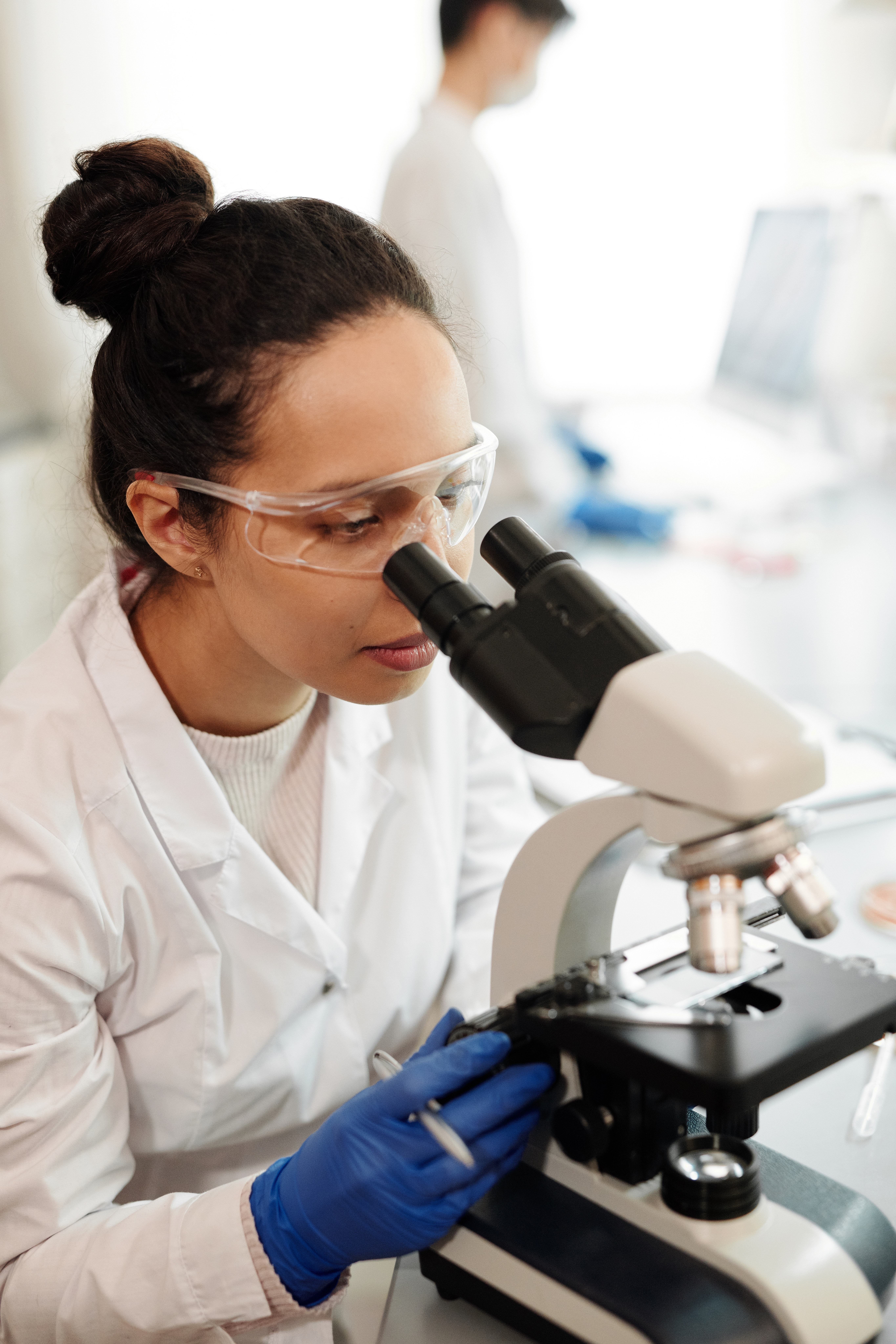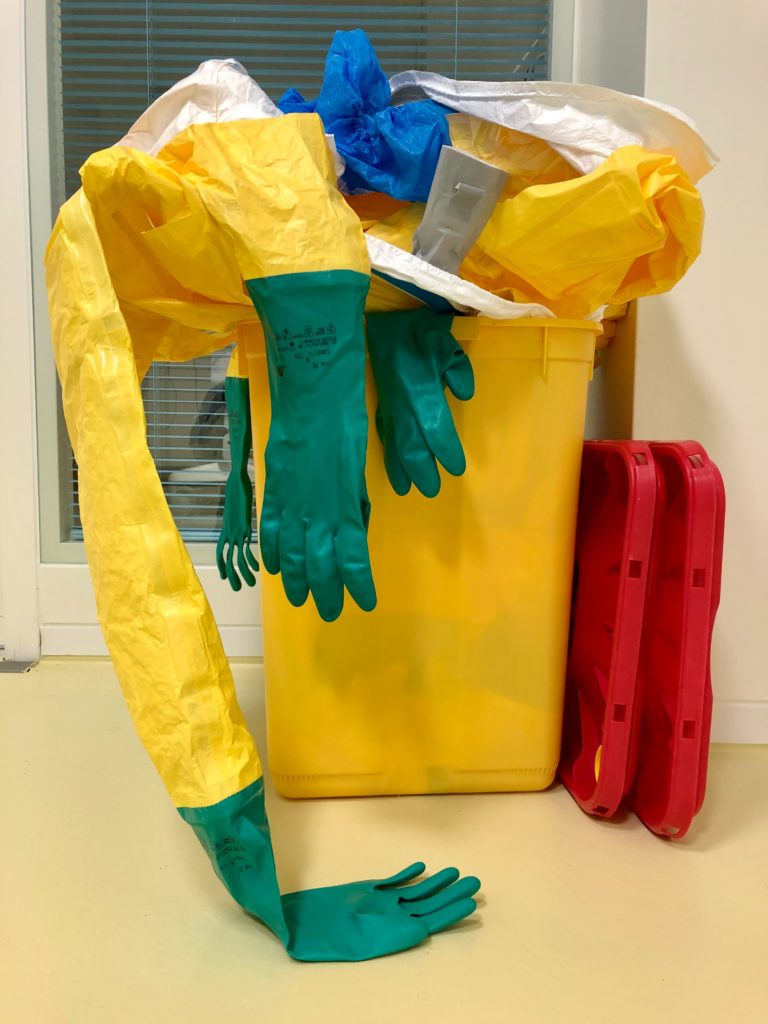Chemistry is a branch of natural science that deals principally with the properties of substances, elements, molecules, and atoms. Chemistry studies the changes these substances undergo, and the natural laws that describe these changes. Chemicals are everywhere! Anything you can touch, smell, or see contains one or more chemicals. Many occur naturally, but some are man-made. Because chemicals are everywhere, chemistry is one of the foundations of modern industrial economies.
When you think of chemistry, you probably think of lab tests, food additives or dangerous substances. However, the field of chemistry involves everything around us. So, even if you don’t work as a chemist, you’re doing chemistry–or something that involves chemistry–with pretty much everything you do. In everyday life, you do chemistry when you cook, when you use cleaning detergents to wipe off your counter, when you take medicine, or when you dilute concentrated juice so that the taste isn’t as intense.
Chemistry is the scientific discipline involved with elements and compounds composed of atoms, molecules and ions: their composition, structure, properties, behavior and the changes they undergo during a reaction with other substances.
Advancements in the field of chemistry have brought about major improvements in our world, including new medicines that cure diseases, new materials that make us safer and objects stronger, and new sources of energy that enable new activities.

Education Requirements
Bachelor's degree or advanced degree
Average Salary
$67k
Chemist. Chemists plan and carry out research projects. They also develop chemical solutions for testing and other laboratory procedures. They typically work in a lab. Chemists generally specialize in a sub-field of chemistry.

Education Requirements
Bachelor's degree and on-the-job training
Average Salary
$52k
Forensic science technicians assist law enforcement in crime investigations by collecting, testing and analyzing evidence from a crime scene. Many specialize in on-the-scene investigation or laboratory analysis. At a crime scene, these individuals collect potential evidence, photograph the scene, and transfer items to a lab. In the lab, these individuals perform complex chemical and biological testing on evidence.

Education Requirements
Bachelor's or Master's degree
Average Salary
$42K
The duties of a chemistry teacher include creating lesson plans; preparing and delivering lectures; creating and supervising laboratory activities for students; evaluating student performance; maintaining classroom records; meeting with parents, teachers, and other professionals; and participating in campus events. state teaching certification is mandatory for public schools, though specific prerequisites vary by state.

Education Requirements
Bachelor's degree
Average Salary
$90K
Geochemists use physical and organic chemistry to study the composition of elements found in ground water, such as water from wells or aquifers, and all of earth materials, such as rocks and sediment. They also monitor the Earth's composition to develop information on hte age, nature and structure of specific geological locations.

Education Requirements
Bachelor's or master's degree
Average Salary
$42K
Hazardous waste management chemists use skills often found in analytical chemistry to determine the chemical make-up of an object that is deemed to be hazardous. They work with other scientists (e.g., biologists, toxicologists, and water and soil chemists) to evaluate the material and to dispose of it.

Education Requirements
Doctorate degree
Average Salary
$77K
A toxicologist is a scientist who tests bodily fluids and tissue samples during autopsies to determine the presence of toxins or chemicals. They work in laboratories and use various methods to locate toxic levels of drugs or other poisons within the body. Toxicologists working with a clinical research team will most often need a doctorate (Ph. D.) degree. Toxicologists may have doctorate degrees in biochemistry, physiology, cell biology, toxicology, or a similar biological science.
Career salary data provided by: U.S. Bureau of Labor Statistics Occupational Outlook handbook and O*NET OnLine.